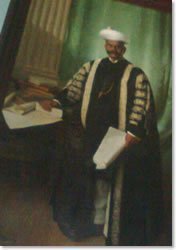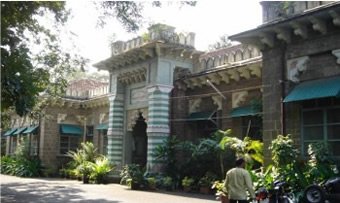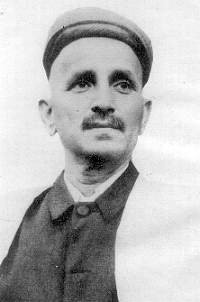Today is the 181st birth anniversary of Ramakrishna Gopal Bhandarkar. He was a was a noted Indian scholar, orientalist, and social reformer.
The Bhandarkar Oriental Research Institute, Pune was started under his leadership, by his students in 1917.
en.wikipedia.org/wiki/R._G._Bha…
The Bhandarkar Oriental Research Institute, Pune was started under his leadership, by his students in 1917.
en.wikipedia.org/wiki/R._G._Bha…

#Bhandarkar studied at Elphinstone College in Bombay. Along with Mahadev Govind Ranade, Bhandarkar was part of the first graduate batch in 1862 from Bombay University. He obtained his Master’s degree the following year, and was awarded a PhD from University of Göttingen in 1885.
#Bhandarkar taught at Elphinstone College, Mumbai and Deccan College, Pune during his distinguished teaching career. He was involved in research and writing throughout his life. He retired in 1894 as the Vice Chancellor of Bombay University.
"He reconstructed the political history of the Deccan of the Satavahanas and the history of Vaishnavism and other sects. A great social reformer, through his researches he advocated widow marriages and castigated the evils of the caste system and child marriage." - R.S. Sharma
In 1885, Bhandarkar along with noted social reformers Vaman Abaji Modak, and Justice Ranade established the Maharashtra Girls Education Society (MGE) - the parent body of #Pune's first native girls only High-School: 'Huzurpaga'.
The great, historic Bhandarkar Oriental Research Institute (BORI), which completed 100 years in 2017, stands tribute to R.G. Bhandarkar.
bori.ac.in
bori.ac.in

BORI has one of the largest collections of rare books and manuscripts in India, spanning over 1,40,000 books and 28,000 manuscripts. This collection covers several language and scripts such as Sanskrit, Prakrit, Indian regional languages, classical Asian and European languages.
• • •
Missing some Tweet in this thread? You can try to
force a refresh





